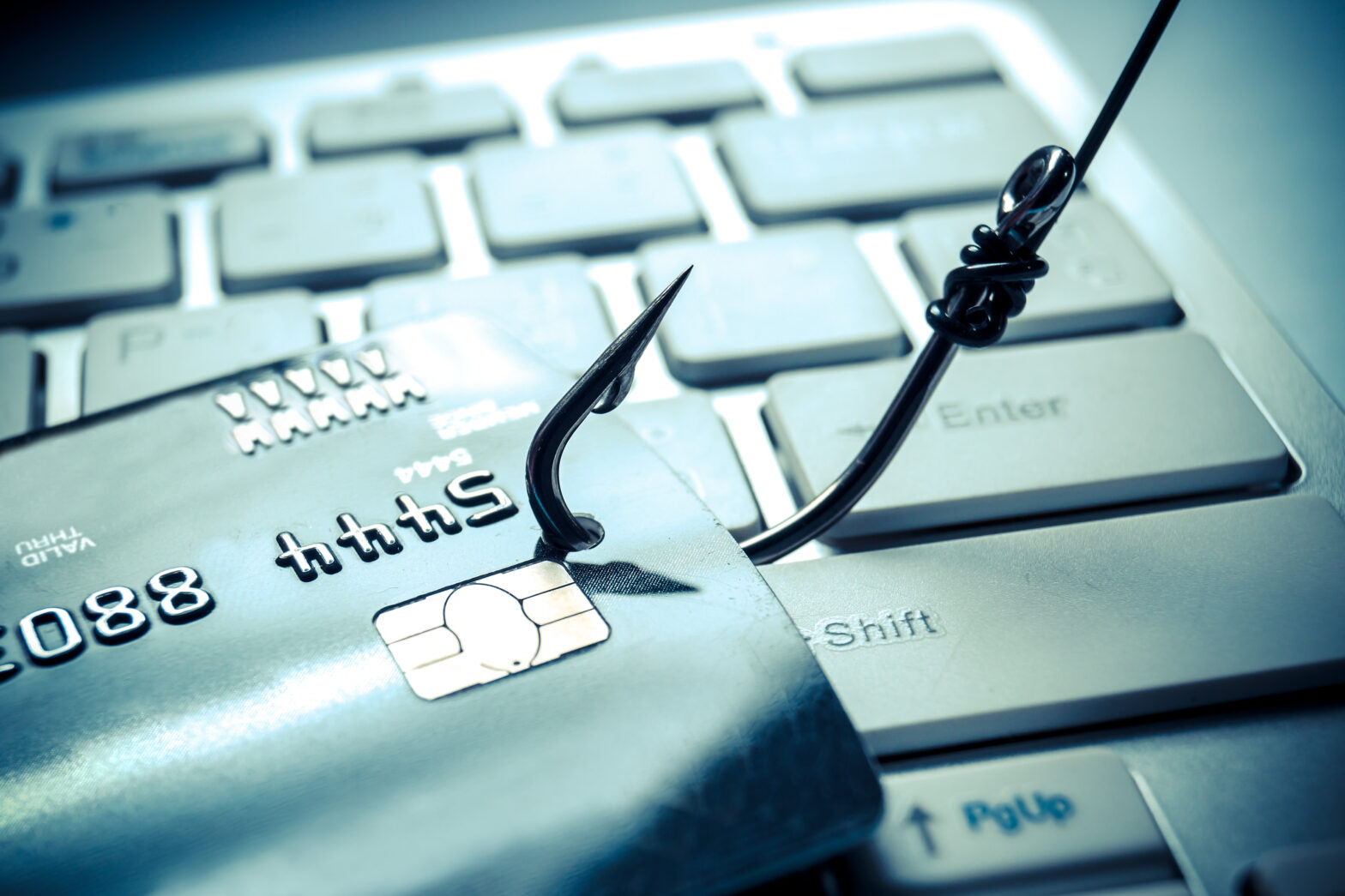Financial Fraud Action UK has said there were over a million incidents of financial fraud in the first six months of 2016 – up from 53% from the same period a year earlier.
One in ten British people have admitted that at least one of their online accounts had been hacked and and a third of citizens say they are worried that they could become a victim of financial fraud at any time.
>See also: How to understand and fight the four faces of payment fraud
Fraud has many forms:
- Card-not-present
- Card ID theft
- Cash machine fraud
- Card-not-received fraud
- Phishing: phishing emails pretend to be the real version of say your bank and ask you to enter your account details.
- Vishing: criminals call victim and coax them to give out personal information and account details.
- SMS phishing: asking for details via text.
- Malware: malicious software is when a computer virus is installed onto your computer enabling fraudsters to steal personal information like passwords and PINs when you enter an internet banking site.
Nick Brown, group managing director at identity data intelligence company, GBG argues that as incidents of fraud continue to rise, businesses and individuals need to do more in protecting themselves.
“The internet and online commerce has only made fraud easier. Individual’s identity and financial details are so much more accessible online – with the rise of e-commerce and digital identities – and it’s sadly got to a point that you have to assume your identity, at some point, will be compromised.”
>See also: The seven types of e-commerce fraud explained
“Even the unassuming store card can be a target for fraudulent activity – they are linked to an individual’s name and address, and while this may seem innocuous on the surface, fraudsters can use this data – your identity – to set up other accounts to do with as they please.”
“For businesses, it’s therefore critical to use data intelligently and have a safety net in place so that when they are a victim of a cyberattack, the use of any compromised customer data is prohibited so that its value to those with malicious intent is worthless.”
“By using more data, analytical insights and triangulation of multiple identity proofing techniques when fraud does occur, the effects can be minimised for both the citizen and the businesses who are serving them.”
In the comment below, Brown also provides consumers and readers with some top tips on keeping safe.
For the individual, vigilance is needed in order to prevent loss of personal data.
Vigilance is key
Are you aware of where your name, address, phone number or date of birth are stored online? Do you keep track of where you put in your bank details?
Knowing where your information resides is crucial to prevent theft of personal data, or your identity. Close dormant accounts and change passwords regularly.
Keep your private information private
It might be easy for a fraudster to find your mother’s maiden name or your first school online but it’s important that you keep the ‘secret answer’ that companies use to identify you exactly that – secret.
>See also: How voice authentication could help fight identity fraud
Check your privacy settings on social networking sites and be mindful about what you post online. Not everyone has good intentions with the information you share.
Understand the value of your personal identity
Your identity opens a lot of doors for fraudsters and closes plenty more for you. From losing money to being turned down for a mortgage, the consequences can be disastrous.
Remember your identity is unique to you and, therefore, priceless! If you think you have been a victim of fraud you should report it to the UK’s national fraud reporting centre by visiting actionfraud.police.uk or calling 0300 123 2040







